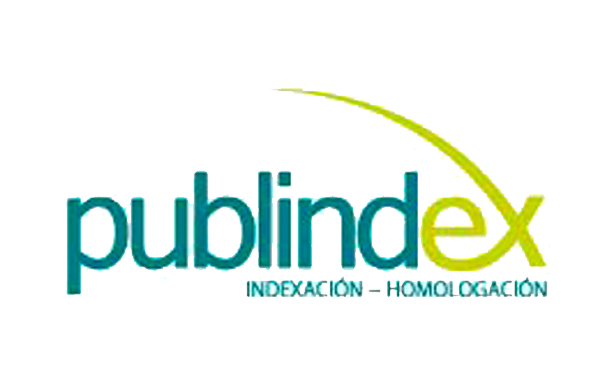Rationality in the teaching and learning of economics and its implications for human progress
DOI:
https://doi.org/10.18634/sophiaj.13v.1i.685Keywords:
Science, economics, method, progress, rationality.Abstract
In this article, product of a research, several purposes are intended. First, to provide to a lay audience certain generalities about rationality and its relationship with knowledge. Second, to present some of the aspects associated with the problem of rationality in economics. Third: to give an account of the reasons that make possible a conception about both science and scientific and human progress. Fourth, to recognize how this rationality -expressed in the method- responds, in a certain extent, to the logical and epistemological presuppositions settled from the classical time –and extended until the contemporaneity- prevailing in the different modes of construction of knowledge, in general terms; and that don’t acknowledge others ways of giving account of knowledge in relation to the particular ontologies of each science.Downloads
Published
2017-03-07
Issue
Section
Artículos de investigación
License
Creative Commosn Licence 4.0
How to Cite
Rationality in the teaching and learning of economics and its implications for human progress. (2017). Sophia, 13(1), 99-108. https://doi.org/10.18634/sophiaj.13v.1i.685








